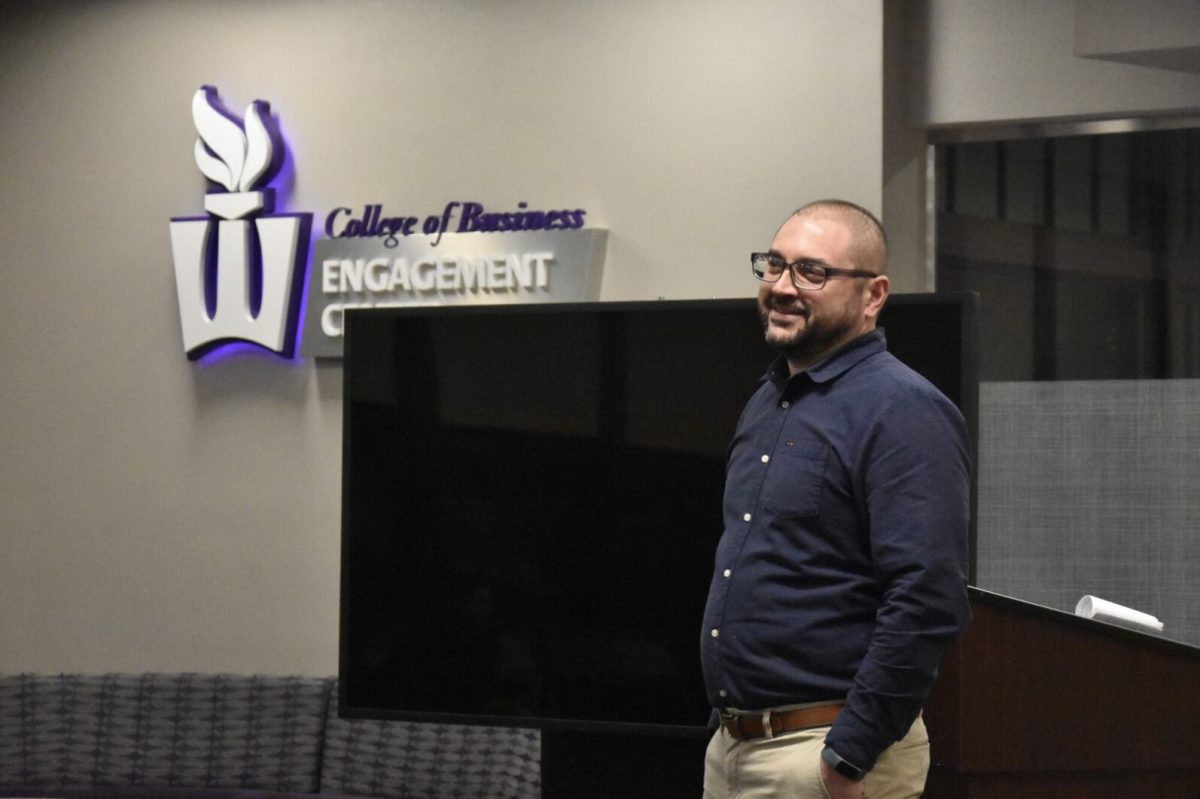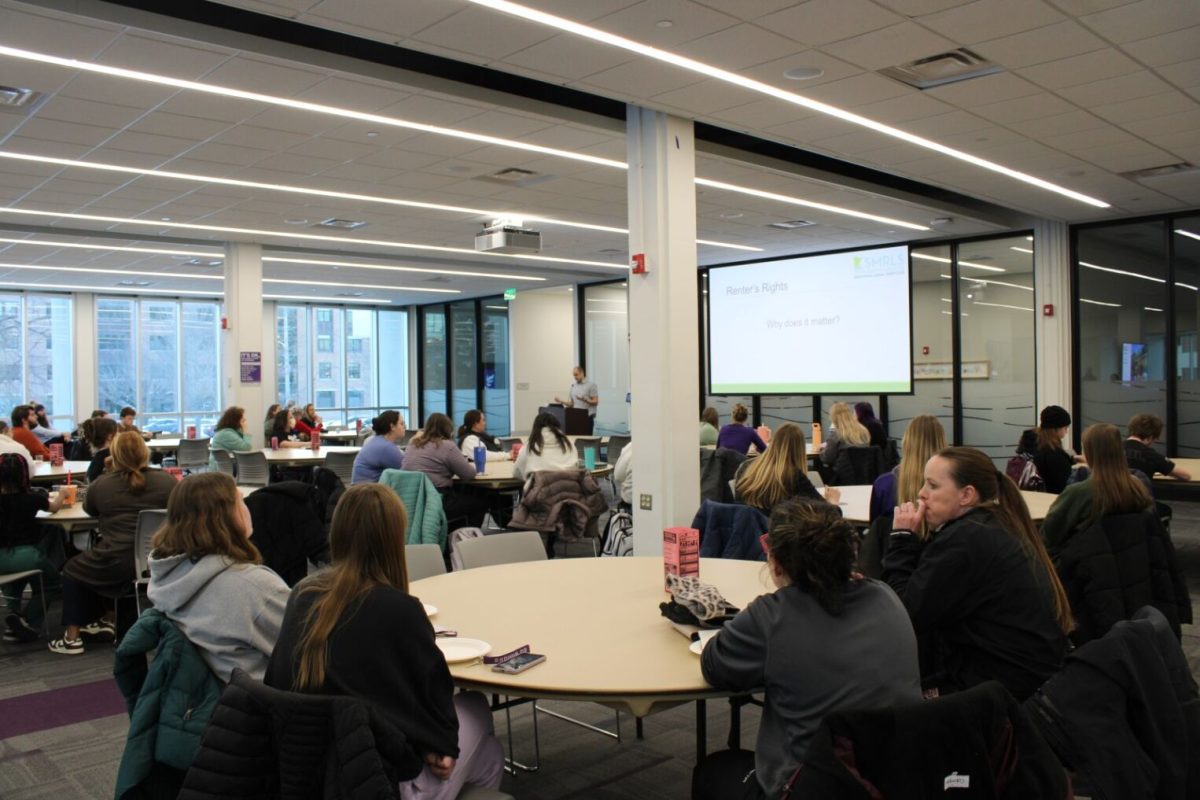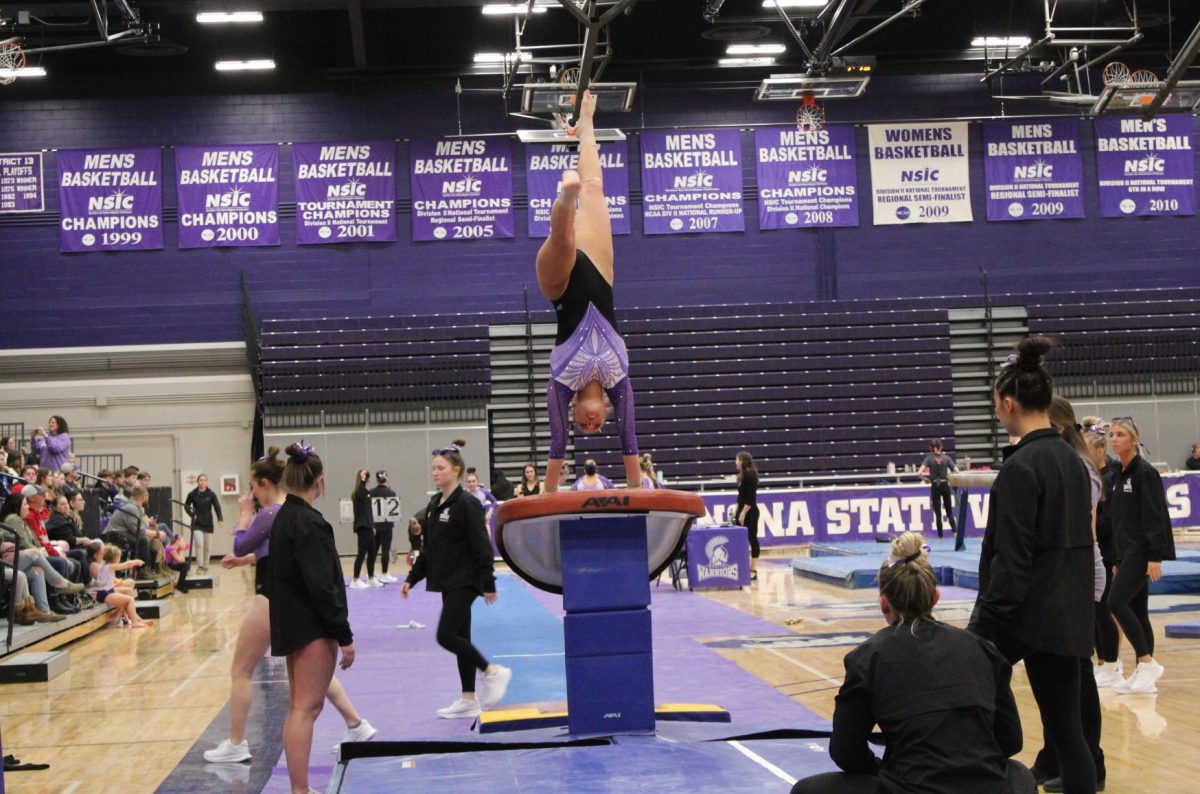Emily Dean/ Winonan
As winter is slowly coming to an end, students have one more unpleasant season to endure before the semester is done: advising season. Advising season can be stressful for both advisers and students, but for students, having an adviser who is truly helpful can make all the difference.
For some students, registering is a one-step process in getting their golden ticket—the access code. Sophomore Allison Krause said advising has always been easy for her partially because her adviser meets with groups of students all at once. Getting her access code does not require talking one-on-one with her adviser first.
Although this may seem like an easier approach to advising, it makes the process less personal.
“I don’t really know my adviser,” Krause said, “Some advisors don’t want to meet with you one-on-one.”
Krause said that a good adviser is one who makes an effort to get to know you on a personal level.
“Send out emails throughout the semester just to check in. Get to know your students,” Krause said.
Many students have had to switch advisers because they did not like the way their adviser handled the scheduling process. Junior Melanee Pfautz, for example, switched advisers because she was unhappy with the advice her adviser gave.
“She didn’t really help me,” Pfautz said. “It wasn’t personal at all”.
Pfautz’s advice to other students is to find an adviser who fits his or her needs.
“If you have a bad adviser, get to know people in your major’s department,” she said.
Pfautz took her own advice after her bad experience with an adviser, and she said her new adviser is really enthusiastic and shows he cares.
As for what students can do to help the advising process go smoother, senior Emily Evans said, “Advisers are there to help you. If you go in with questions, it will make the process go smoothly.”
On the other end of the spectrum, students have to remember registration can be stressful for the advisors as well.
Professor in the mass communication department Thomas Grier, said last semester he met with 84 students for advising.
“The most important job I have is to help you succeed,” Grier said.
Grier said advising is easier when students come prepared. “About 85 percent of my students come prepared. The other 15 percent who aren’t prepared irritate me.”
Although unprepared, Grier said he still wants to help his students succeed.
“This is a safe zone,” Grier said. “I’m on your side.”
Students should bring a printed copy of their DARs report to their advising sessions, a list of questions, and students will help both parties succeed.
Grier’s advice to other advisers is to take time to walk through the DARs report with their students, since,“DARs are hard for people to understand sometimes.”
Grier’s best advice is to take an interest in students. He encourages students to do what they feel is right for themselves at the end of the day. Advising is just advice after all.
“Take interest in your educational purchase and do what is right for you,” Grier said.









































